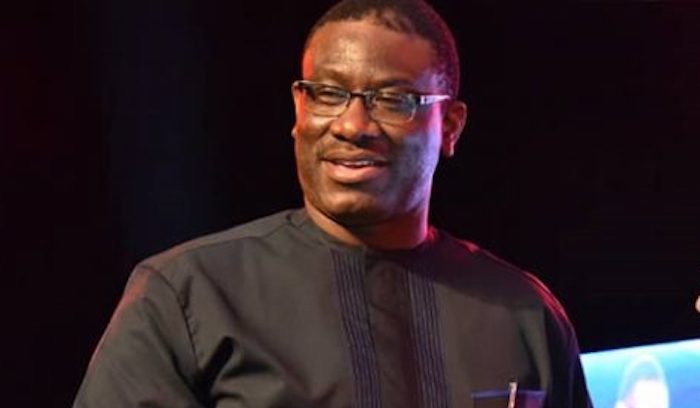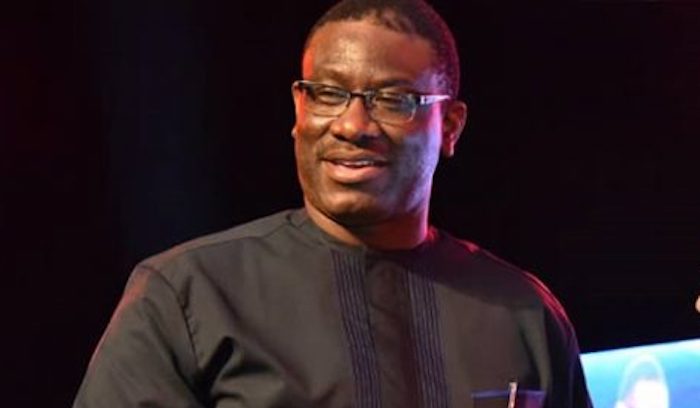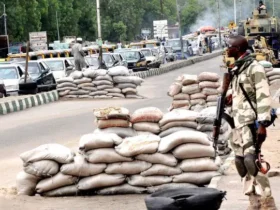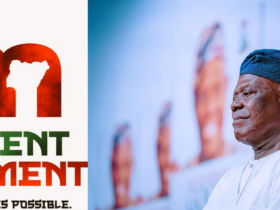
Former Group Executive Director, Gas & Power, at the Nigerian National Petroleum Company Limited (NNPC), Dr David Ige, has revealed that Nigeria’s global gas export share fell from 15% to 2%.
According to him, despite owning the world’s 9th largest reserves of natural gas, with over 209 Trillion Cubic Feet (TCF), Nigeria’s global market share of exports has declined from 15 percent to just 2 percent in recent years.
Ige, who was a panellist at the Babalakin & Co organised gas colloquium in Abuja, also stressed that Nigeria’s much-talked-about gas master plan meant to ramp up production and supply of the commodity, was still stuck in phase one, 18 years after its take-off.
Ige, who now runs Gas Invest Limited, argued that from 2017 to 2023, Nigeria only grew its domestic gas market by about 1.3 million cubic feet per day to around about 1.5 to 1.55m CF, representing just 3 percent annual growth rate, while gas export has also declined.
Ige said: “On aggregate, we really haven’t grown gas in the last seven years as a country. That’s by virtue of our performance today. But let’s even take the domestic market growth. We have grown at about 3 percent. And the 3 percent growth is evident also in the challenges of the pipeline. Because the pipeline is barely operating at a steady state, which is very symptomatic of a lack of supply basically to the system.
READ ALSO: Landslide Buries 670 Alive, Displaces Over 1,250 in Papua New Guinea
“So all of these point to a generally low level of investment in Nigeria, regardless of what we have done in the Petroleum Industry Act (PIA) or in everything else. The key point is the PIA is a necessary but not a sufficient condition to attract investment. And I think that’s very important because we focus so much on the PIA.
“It’s a law. But there’s a whole plethora of things that actually make investments to happen. And it’s important that we get all those together. With 210 TCF of gas, Nigeria should be operating in a slightly different frame from countries that operate one project at a time. So we need to take this very holistically because we spend too much time talking about our 210 TCF.
“I think it’s time we start talking about how much of that gas is actually working for us. Now, in the US, between 2017 and 2023, just the export component of the US market grew from zero to 12 BCF and growing steadily. That’s on a compounded basis of about 37 to 40 percent year-on-year, compared with our 3 percent or less in Nigeria.”
According to him, Nigeria should begin to look at how to move the sector forward in a big way, rather than focus too much on the little things that tend to bog it down, noting that while the country has a humongous amount of reserves, they are hardly ever accessible, unlike in the US where reserves accessibility is not a major challenge.
He continued, “Nigeria has a lot of reserves, but they’re not accessible. I remember when we did the gas master plan many years ago, one of the slides we put together broke down the reserves of the country, the ones that are stranded, the ones that are accessible.
“There’s a lot of gas reserves in Nigeria that are actually stranded, either in the hands of independents who are fighting each other, or they’re in the hands of International Oil Companies (IOCs), that are sitting on the assets. They’re not developing them, but they’re not able to access them,” he argued.
“Our biggest competitor in Europe is the US. Our market share in energy has dropped from 15 per cent to 2 per cent globally over the last couple of years. And probably going further down,” he added.
Ige stressed that it wasn’t just about scouting for foreign investment, but also looking at the cost of doing business.
Follow the Parallel Facts channel on WhatsApp: https://whatsapp.com/channel/0029VaCQSAoHgZWiDjR3Kn2E









Leave a Reply